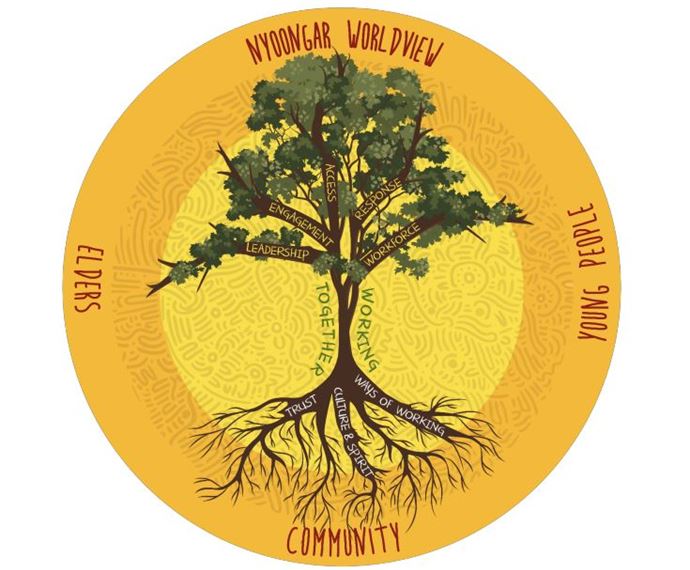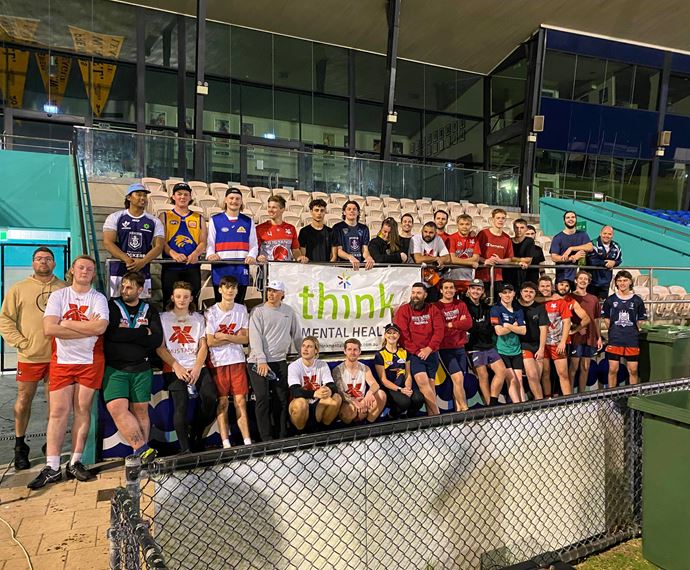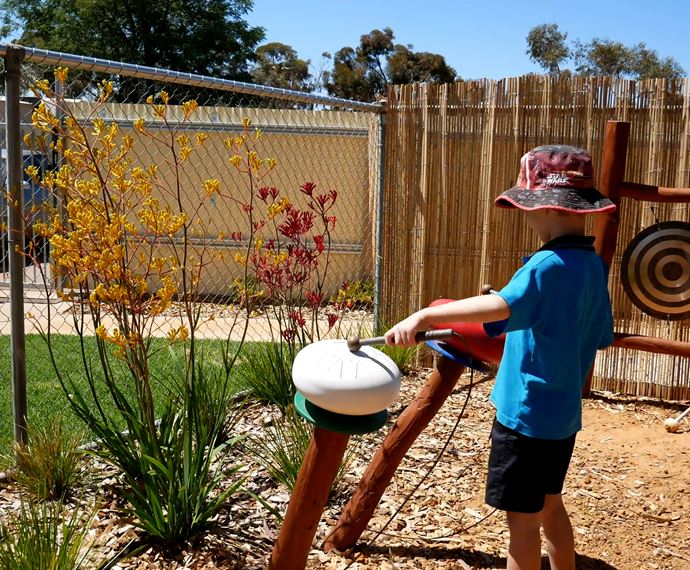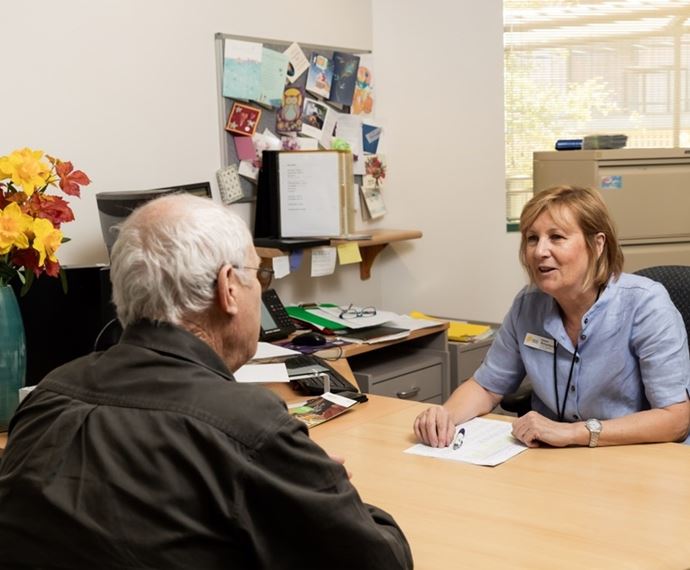Providing a fairer future for grandchildren
Wanslea has been providing care for children and families in need for more than 60 years, focusing primarily on family support, out of home care, childcare, and community capacity building. Supported by Lotterywest, this three-year, multi-disciplinary research project was undertaken in partnership with Edith Cowan University (ECU), Curtin University, and the not-for-profit Grandparents Rearing Grandchildren WA Inc. It has enabled the organisation to better understand the situation of grandparent carers in WA and provided much needed evidence to inform policy and service responses.
To better understand the situation of grandparent carers in WA and provided much needed evidence to inform policy and service responses.
Wanslea Limited
1/1/2019
$1,336,955
Lotterywest
$896,087
State-wide
Children (12 years and under), Families, Seniors (55 years and over)
- Development of a call-to-action with a suite of evidence-based recommendations for State and Federal governments, service providers and the wider WA community to address the needs of grandparent carers.
- Research conducted resulted in evidence used to inform policy and practice.
- Proactively engaging with Aboriginal grandparents.
- Collaborative knowledge building including the voices of grandparent carers and active storytelling.
- Working with the universities gave credibility to the findings, provided independent rigour and different interpretations that can be used in wider contexts.
- Including Katie Bennell, an Aboriginal researcher at Wanslea, to build relationships with Aboriginal grandparent carers to ensure that their experience was reflected in the research.
- One thing Wanslea learned was to bring an Aboriginal researcher on board from the beginning as this was a game changer for the course of the research project.
Opportunity
International research has shown that grandparents are increasingly taking on a primary care role for their grandchildren [1, 2]. This is consistent with Australian trends, which show that kinship care is the fastest growing form of care nationally [3]. When grandparents take on the role of primary carers of their grandchildren, while it reduces the cost for the community, which would otherwise be responsible for placing the child in non-kin households [4], various studies have shown that it is associated with negative physical and mental health outcomes for the grandparents [1]. Through its work with carers, Wanslea identified that baseline research was needed in WA to understand the impact on grandparent carers, particularly the potential differences between formal (legal custody) and informal primary carer roles.
Approach
The research project proposed by Wanslea aimed to:
- Develop a better understanding of the impact on the mental, physical, social, and financial health of grandparent carers.
- Identify the gaps and opportunities in the service and policy systems.
- Examine the shared and different experiences of formal and informal grandparent carers.
Surveys were undertaken of grandparent carers to collect information on family structure, culture, family conflict, service barriers, grandparenting issues, health status and food security. Curtin University assisted in a service and policy mapping exercise to review legislative settings and conducted interviews and focus groups with key stakeholders and frontline service providers. With assistance from Edith Cowan University, Wanslea conducted leadership camps for grandchildren, with interviews and focus groups to assess outcomes from the grandchildren and grandparents’ perspectives.
![IMG 8451[1]](/media/yhnbmsph/img_8451-1-resized.jpg?anchor=center&mode=crop&width=1468&height=577&rnd=133045355965530000&quality=80)
Impacts and outcomes
Research showed that these carers were worse off in all key health indicators compared to their peers. It also highlighted the overlap between alcohol and drug use, mental health and family domestic violence as factors contributing to children being cared for by grandparents.
The study highlighted that the role of grandparent carers could lead to poverty or exacerbate it and cause a deterioration in the social, physical, and mental health of grandparent carers. Service access was often found to be complicated and inequitable, especially for informal carers, due to their lack of legal recognition. Aboriginal grandparent carers have specific issues relating to accessing services and poverty, while also being able to receive more support from their social network and derive a higher degree of satisfaction from their carer role. Finally, the role of grandparent carers sits at the intersection between trauma, love, and joy, as the love they feel for their grandchildren confronts the trauma that caused the child to enter their care.
As a result of the research, Wanslea, in conjunction with Grandparents Raising Grandchildren WA, has developed a call to action with a suite of evidence-based recommendations for the State and Federal Governments, service providers and the wider WA community to address the needs of grandparent carers.
What worked
Proactively engaging with Aboriginal grandparents
Katie Bennell, an Aboriginal researcher at Wanslea, was able to build relationships with Aboriginal grandparent carers to ensure their experience was reflected in the research. Through this work, 25 per cent of respondents were Aboriginal and, given the over-representation of Aboriginal children in care, it was important that their voices were heard. Many of these grandparent-led families were also over-represented in statistics that relate to poverty, access to mainstream services, housing issues and children with disabilities. The researcher worked from an appropriate cultural perspective that “opened doors” and enabled much richer data.
Collaborative knowledge building
Research effectively combined academic rigour with the sector expertise of Wanslea and the direct voices of grandparent carers. The concept of working collaboratively with the two universities and led by a community-based organisation demonstrates there is a place for qualitative research. The stories of the participants add powerful context and humanity to the statistics. Wanslea’s almost 20 years’ experience working with grandparent carers provided direction for the research questions, the methodology and strategies for data collection. As a “known” entity, the participants were more willing to engage than perhaps if engagement was primarily with an academic. Working with the universities gave credibility to the findings, provided independent rigour and different interpretations that can be used in wider contexts. Using the expertise of staff from two universities brought shared views from different starting points – collaboration at work.
Key challenges
Working with an Aboriginal researcher from the start
One thing Wanslea learned was to bring the Aboriginal researcher on board from the beginning as this was a game changer for the course of the research project.
REFERENCES
- Hadfield, J.C., The health of grandparents raising grandchildren: A literature review. Journal of Gerontological Nursing, 2014. 40(4): p. 32-42.
- Sampson, D. and K. Hertlein Ph D, The experience of grandparents raising grandchildren. Grandfamilies: The contemporary journal of research, practice and policy, 2015. 2(1): p. 4.
- Australian Institute of Health and Welfare, Child protection Australia 2019–20, in Child welfare series. 2021, Australian Institute of Health and Welfare: Canberra.
- Williams, M.N., The changing roles of grandparents raising grandchildren. Journal of Human Behavior in the Social Environment, 2011. 21(8): p. 948-962.
Learn about wellbeing
Understand how your community is going to help you to better target and plan your project.
Ready to plan your project?
Understand your vision, plan your impact and report on the outcomes of your project with three easy interactive tools in the Community Impact Planner.
Acknowledgement of Country
The Western Australian Community Impact Hub acknowledges and pays respect to the Traditional Owners of the land on which we are based, the Whadjuk people of the Noongar Nation and extends that respect to all the Traditional Owners and Elders of this country. We recognise the significant importance of their cultural heritage, values and beliefs and how these contribute to the positive health and wellbeing of the whole community.





